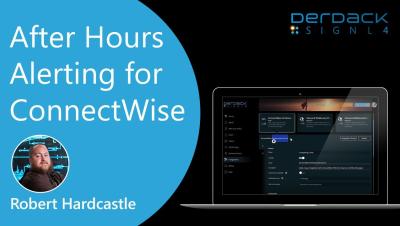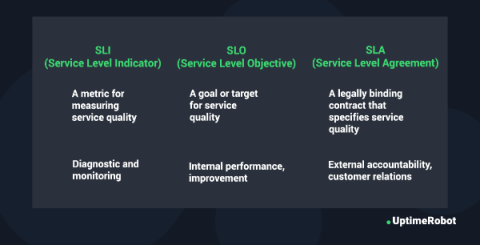What are AIOps platforms?
IT operations teams are challenged to keep pace with the rapid speed of digital transformation. As companies use more cloud-based apps, increase agile deployments, and develop new microservices-based applications, they add layers and complexity to their technology stacks, making life increasingly challenging for ITOps performance.











